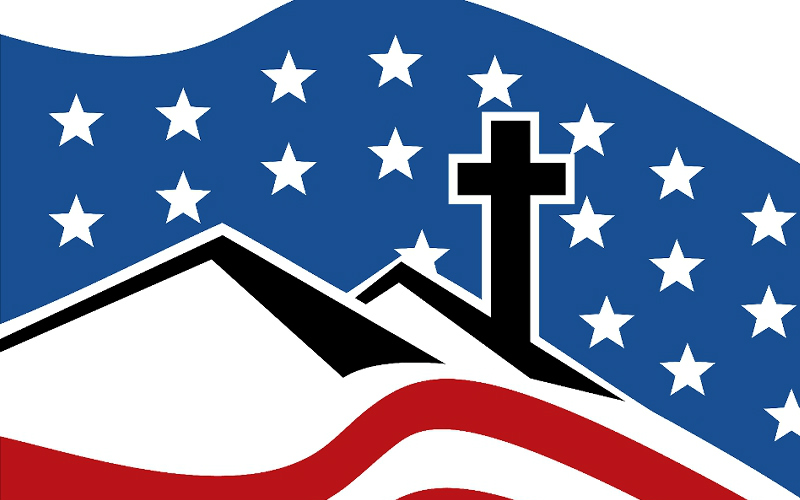Across the country’s provinces, a majority of incidents involve vandalizing and defacing churches, but as of this week 17 churches have suffered fire damage or have been completely burned to the ground, CBN reported.
The spree of vandalism and church burnings began in June soon after ground-penetrating radar identified unmarked graves containing the bodies of Indigenous children who died while living in boarding schools.
Most of the boarding schools were operated by the Catholic Church, under the authority and direction of the Canadian government, and the history of kidnapping them for Christ remains a blackeye for Canada even today.
Some of the boarding schools date back to the 1890s, when Canada’s government sought to “civilize” the natives who were forcibly taken from their families and lived in horrific conditions.
According to a timeline of the forced schooling, an estimated 6,000 children died by the same the program began to wind down in the 1960s, the BBC reported. The final school closed in 1996, the story said.
Terrible history no hidden secret
It is not clear why the discovery of the graves triggered the ongoing attacks against churches since the atrocities are well-documented. Stephen Harper, the former prime minister, issued a formal apology for the school system in 2008, and a Truth and Reconciliation Commission called the horrific boarding schools “cultural genocide” in a 2015 report.
Native tribes have been documenting the burial sites going back two decades, the BBC story stated.
The CBN story reported the torching of a Calgary non-denominational church, House of Prayer, which was heavily damaged by fire and smoke during the July 4 weekend.
The congregation is filled with Vietnamese refugees.
“Maybe it is not safe to be here in Canada compared to Vietnam,” the pastor, Thai Nyugen, told the media.
Clay Hilton, a pastor in Alberta, tells One News Now the native children endured terrible abuse in the name of Christianity. Even today, he says, the hatred and distrust of religion is strong when he shares the gospel.
“People have different questions: Why did this happen? What was your part in it?” he recalls.
He does not shy away from such topics, he says.
'Burn it all down'
The discovery of the graves has also uncovered an undercurrent of anti-religious hatred: the leader of the British Columbia Civil Liberties Association was forced to step down after defending the church attacks.
“Burn it all down,” Harsha Walia wrote in a Twitter post.
Other left-wing activists insisted Walia was calling for “decolonization” and not more church attacks, and the far-left group complained about public attacks against a “racialized woman leader.”
In Surrey, British Columbia, security camera footage, which can be seen here, shows a female setting fire to the front doors of St. George Coptic Orthdox Church.
Days later, the church (pictured at top) was burned to the ground.
Like the Vietnamese, the Coptics fled persecution in Egypt and settled in Canada in the 1960s, and were not involved in the controversial boarding schools, website Ricochet pointed out.
In the Ricochet article, editor Jon Gabriel points out that Prime Minister Justin Trudeau called the arson and vandalism "unacceptable" but also defended the "anger" among natives living with "intergenerational trauma."
“To burn things is not our way,” the national chief of First Nations said of the desctruction. “Our way is to build relationships and come together.”







